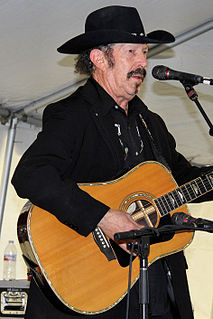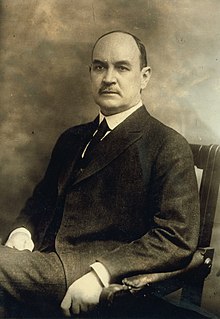A Quote by Edward Abbey
By the age of eighteen, a human has acquired enough joy and heartache to provide the food of reflection for a century.
Related Quotes
An age where you feel like you could love anyone, where you put everything on the line for the smallest of things. Eighteen. Adults say that it's an age where we laugh if a leaf tumbles by. But back then, we were more serious than any adult, more intense, and had our strength tested. 1997. That was how our eighteen was beginning.
In a revolutionary age talk of equality may well have represented a passion to provide full human dignity to those who had previously been denied it by systems of political and economic domination; but in the present age it softens the spiritual requirements that are an essential ingredient in human dignity. Thus the slogans of equality serve not so much to elevate individuals to the dignity of being human as to free them from the responsibility of rising to this vocation.
Even squirrels know enough to store nuts, so that they will have something to eat when food gets scarce. But the welfare state has spawned a whole class of people who spend everything they get when times are good, and look to others to provide for their food and other basic needs when times turn bad.



































